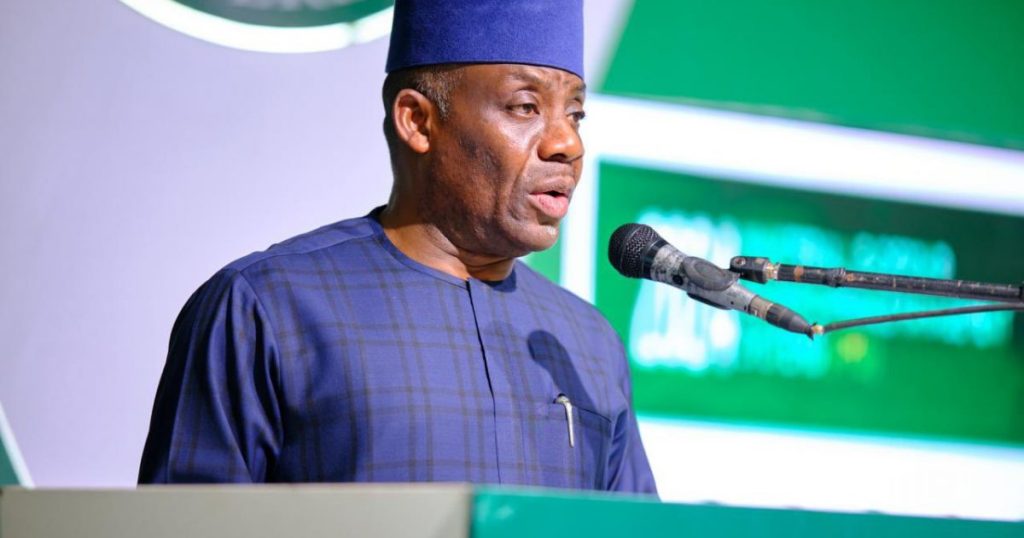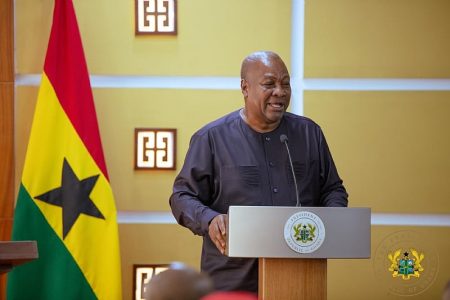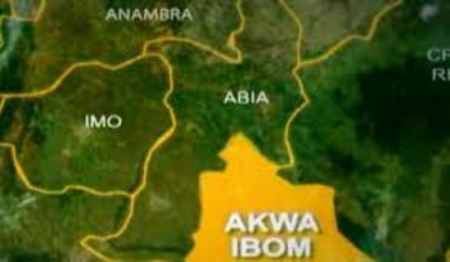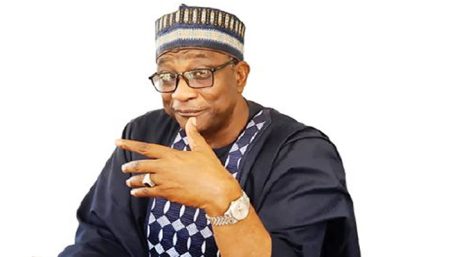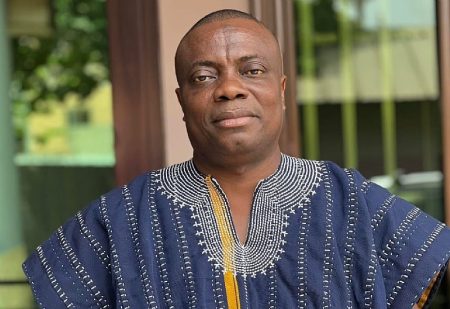The Nigerian tertiary education system is embarking on a significant revitalization effort, marked by a widespread recruitment drive to address the acute staffing shortages that have plagued its institutions. This recruitment campaign follows the lifting of an employment ban imposed by the previous administration, a restriction that exacerbated the already precarious staffing situation. The Ministry of Education, under the leadership of Dr. Tunji Alausa, has issued clear directives to ensure a transparent and equitable process, mandating public advertisement of vacancies and adherence to established procedures. This move aims to inject new life into a sector grappling with the exodus of experienced academics and the accumulated backlog of unfilled positions.
The lifting of the employment ban represents a crucial intervention in a sector grappling with the consequences of the “japa” phenomenon – the mass migration of skilled professionals, including academics, seeking better opportunities abroad. This exodus, coupled with retirements and deaths, created a significant void in the workforce of Nigerian universities and other tertiary institutions. The prolonged employment freeze under the previous administration only worsened the situation, leaving institutions struggling to maintain academic standards with a depleted workforce. The current recruitment drive seeks to reverse this trend, replenishing the ranks of both academic and non-academic staff and restoring the vibrancy of the tertiary education sector.
The impact of the staffing shortage has been far-reaching, affecting not only the quality of education but also placing an immense burden on the remaining faculty. Prof. Victor Osodeke, the immediate past President of the Academic Staff Union of Universities (ASUU), highlighted the overwork faced by lecturers struggling to cope with increased workloads in the face of dwindling staff numbers. This strain on existing staff, coupled with the loss of experienced academics, has undoubtedly compromised the quality of teaching and research in Nigerian universities. The new recruitment initiative is therefore not just about filling vacancies but about rebuilding capacity and restoring the institutions to their full potential.
The scarcity of lecturers has had a cascading effect on the quality of education delivered in Nigerian universities. Prof. Ikechukwu Onyishi of the University of Nigeria, Nsukka, emphasized the detrimental impact of retirements, deaths, and resignations on the remaining staff and the subsequent decline in teaching quality. He pointed out the driving forces behind this exodus, citing poor pay and benefits within the public university system as major factors pushing academics to seek greener pastures abroad. The current recruitment drive, therefore, represents an opportunity not just to fill vacancies but also to address the underlying issues that led to the staffing crisis in the first place. Attracting and retaining qualified academics will require a comprehensive approach that includes competitive salaries and improved working conditions.
The Ministry of Education’s commitment to transparency and fairness in the recruitment process is paramount. The directive requiring public advertisement of vacancies in national newspapers, institutional websites, and relevant academic journals aims to ensure a level playing field for all applicants. This open approach is intended to prevent favoritism and ensure that the most qualified candidates are selected, regardless of their background or connections. The ministry’s insistence on institutional compliance with these guidelines, coupled with the threat of sanctions for non-compliance, underscores the seriousness of its commitment to a transparent and merit-based recruitment process.
Numerous universities across Nigeria have already responded to the call for recruitment, advertising vacancies for both academic and non-academic positions. Institutions such as the University of Lagos, Obafemi Awolowo University, University of Port Harcourt, University of Ibadan, and many others have initiated the process, signaling a nationwide effort to address the staffing shortages. This widespread response reflects the urgency of the situation and the collective recognition of the need to rebuild the capacity of the tertiary education sector. While the recruitment drive is a welcome development, stakeholders like education rights activist Ayodamola Oluwatoyin emphasize the importance of upholding fairness throughout the process, ensuring that young, qualified academics are given equal opportunities. The Ministry of Education, through its Director of Press, Folasade Boriowo, has assured close monitoring of the exercise to guarantee transparency and accountability. This commitment to oversight is crucial for building public trust and ensuring that the recruitment drive achieves its intended goal of revitalizing the Nigerian tertiary education system.





